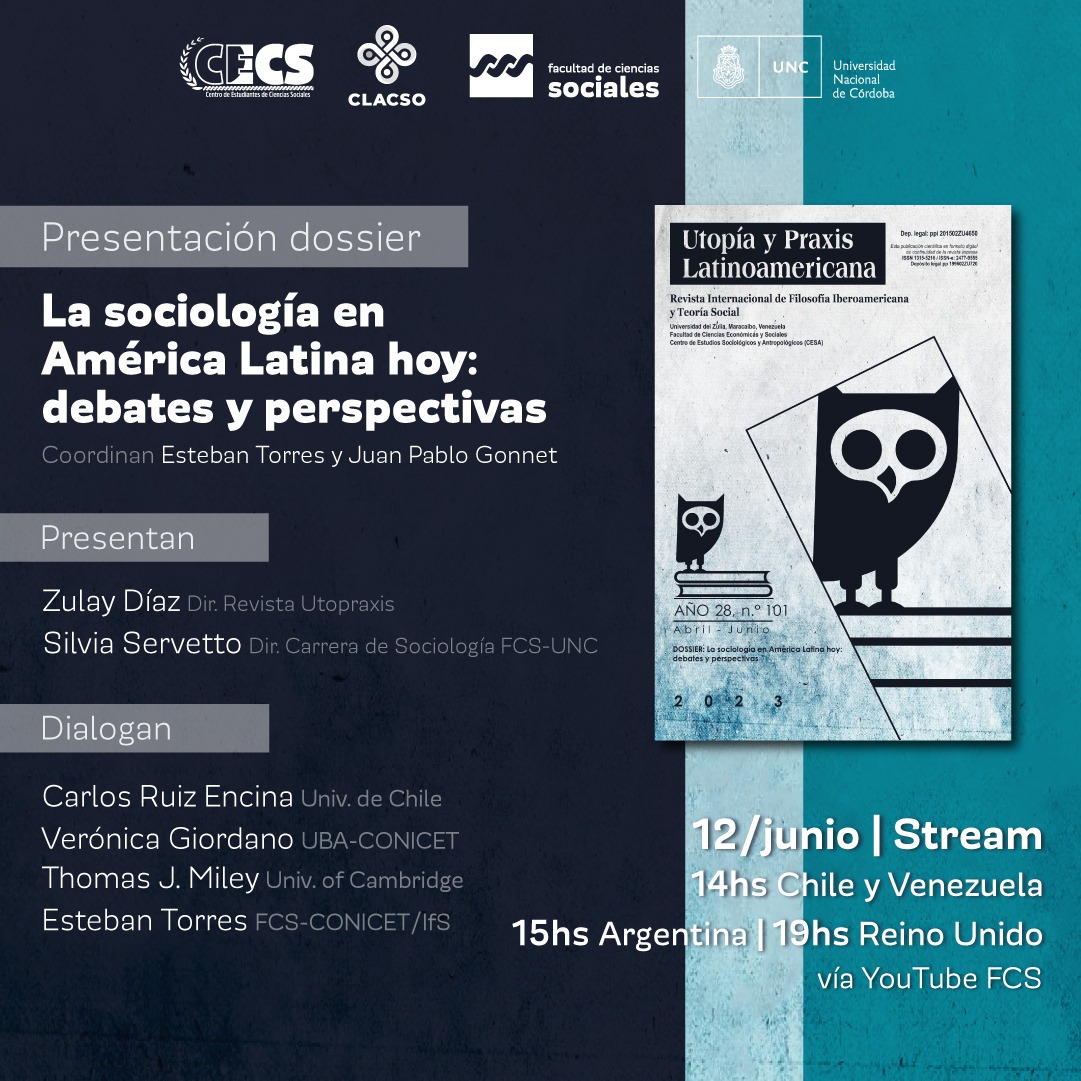Metaphysical Foundations of Alter-Globalization
Resumen
ABSTRACT
The purpose of the study is to substantiate the civilizational prospects and anticrisis worldview potential of alter-globalization based on the determination of its basic and essential characteristics. The study of the globalization process is carried out from the standpoint of a synergistic approach, which allows focusing on the importance of self-organization and the problem of choice. As a result of the analysis, the authors highlight the metaphysical foundations of alter-globalization that determine its historical prospects and increasing effectiveness. These foundations include the principles of freedom, deliberation and self-organization. The specifics of these principles and their practical implementation in the modern context of the potential of a globalizing world are disclosed.
RESUMEN
El propósito del estudio es corroborar las perspectivas de civilización y el potencial anticrisis de la cosmovisión de la alter-globalización basada en la determinación de sus características básicas y esenciales. El estudio del proceso de globalización se lleva a cabo desde el punto de vista de un enfoque sinérgico, que permite centrarse en la importancia de la auto-organización y el problema de elección. Como resultado del análisis, los autores destacan los fundamentos metafísicos de la alter-globalización que determinan sus perspectivas históricas y su eficacia creciente. Estas bases incluyen los principios de libertad, deliberación y auto-organización. Se revelan los detalles de estos principios y su implementación práctica en el contexto moderno del potencial de un mundo globalizado.
Citas
CHUMAKOV, A.N. (2015). Globalizatsiia. Kontury tselostnogo mira [Globalization. Contours of a Holistic World]. Moscow: Prospekt, 423 p. (in Russian).
DALY, H. (2007). Ecological Economics and Sustainable Development. Cheltenham, UK; Northampton, MA, US: Edward Elgar, 270 р.
FISHER, R., URY, W.L., PATTON, B. (2011). Getting to Yes: Negotiating Agreement Without Giving In, 3rd ed. New York: Penguin Books, 204 р.
FUKUYAMA, F. (2002). Our Posthuman Future: Consequences of the Biotechnology Revolution. New York: Farrar, Straus, and Giroux, 256 p.
HABERMAS, J. (1981). Theorie des kommunikativen Handelns. Bd. 1-2. Frankfurt am Main: Suhrkamp, 1216 р.
LEONTYEV, G.D. (2018). Utopicheskie ucheniia v istorii filosofii [Utopian Teachings in the History of Philosophy]. Kazan: KGMA, 84 p. (in Russian).
LEONTYEV, G.D, LEONTIEVA, L.S. (2019). Utopy dualism: anti-system protest and social-system project. International Journal of Innovative Technology and Exploring Engineering, 9(1), 5172-5175. DOI: 10.35940/ijitee. A9224.119119
MASUDA, Y. (1983). The Information Society as Postindustrial Society. Wash.: World Future Soc., 419 p.
MOISEEV, N.N. (1998). Rasstavanie s prostotoi [Parting with Simplicity]. Moscow: Agraf, 472 p. (in Russian).
POPPER, K.R. (1992). Otkrytoe obshchestvo i ego vragi. T. 1: Chary Platona. Per. s angl. pod red. V. N. Sadovskogo [The Open Society and Its Enemies. Vol. 1. The Spell of Plato. Translation from English under the Editorship of V. N. Sadovskii]. Moscow: Feniks, 448 p. (in Russian).
ROBERTSON, R. (2012). Globalisation or glocalisation? The Journal of International, 18(2), 191–208. https://doi.org/10.1080/13216597.2012.709925
ROBERTSON, R., LECHNER, F. (1985). Modernization, Globalization and the Problem of Culture in the World-Systems Theory. Theory, Culture & Society, 2(3), 103-117. https://doi.org/10.1177/0263276485002003009
TOFFLER, A. (2004). Tretia volna. Per.: A. Mirer i dr. [The Third Wave. Translation: A. Mirer et al.]. Moscow: Izd. AST, 261 p. (in Russian).
WALLERSTEIN, I. (1991). Geopolitics and geoculture: Essays on the changing world-system. Cambridge, England: Cambridge University Press, 252 р.
WATERS, M. (1995). Globalization. London; New York: Routledge, 185 р.
WEIZSÄCKER, E.U.von., WIJKMAN, А. (2018). Come On! Capitalism, Short-termism, Population and the Destruction of the Planet. A Report to the Club of Rome. New York: Springer Science + Business Media LLCPubl. House, 220 р.












